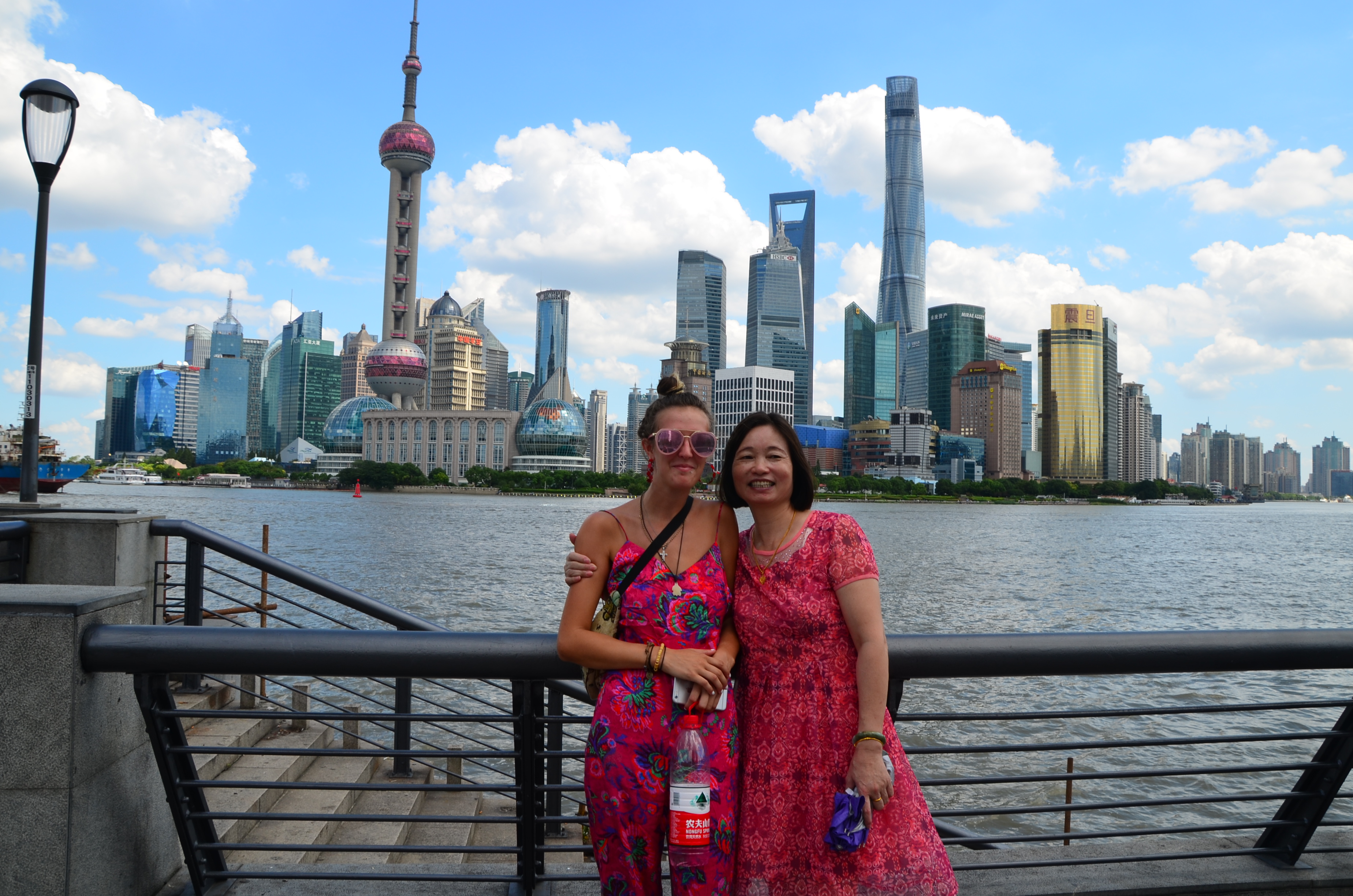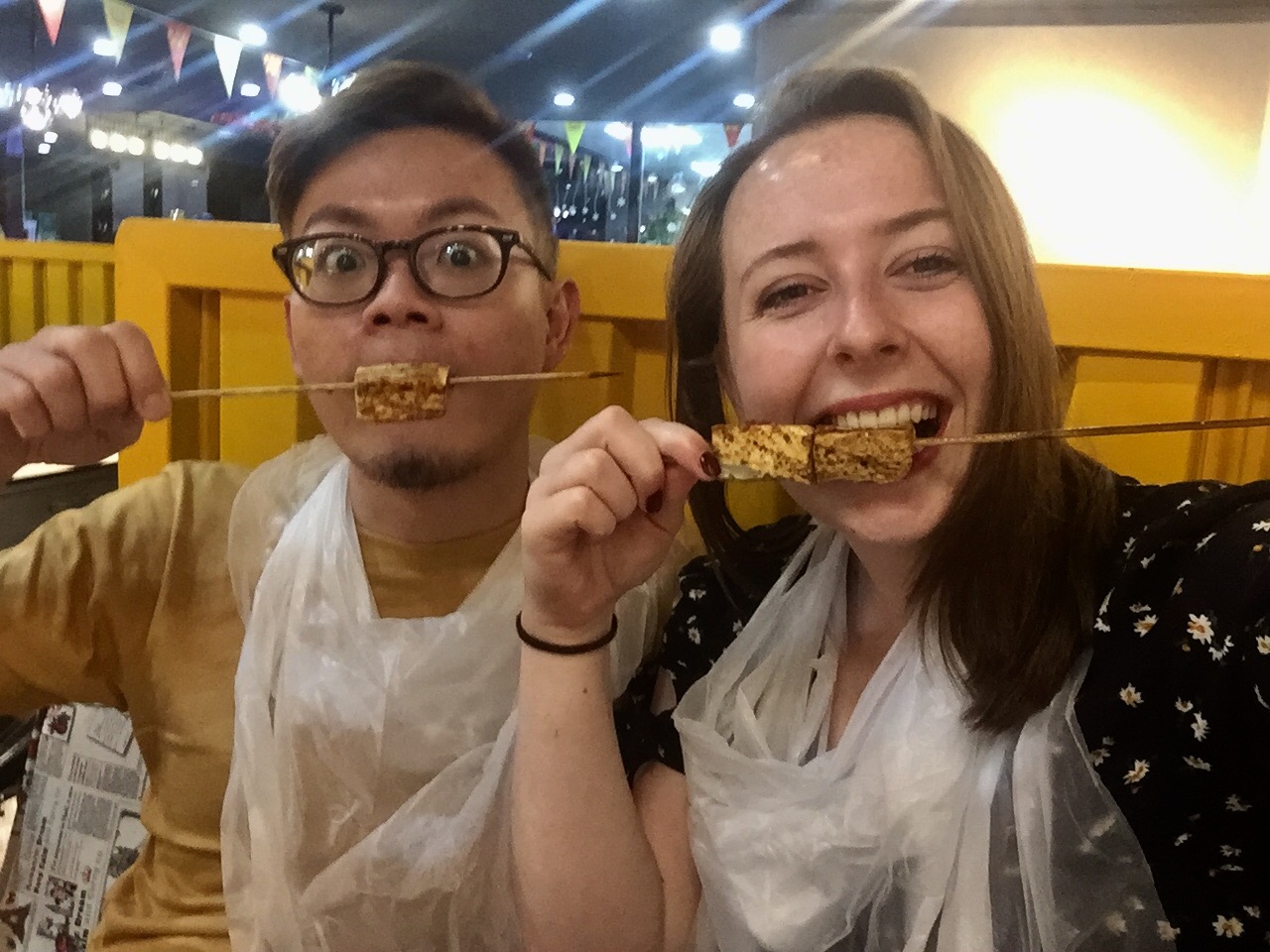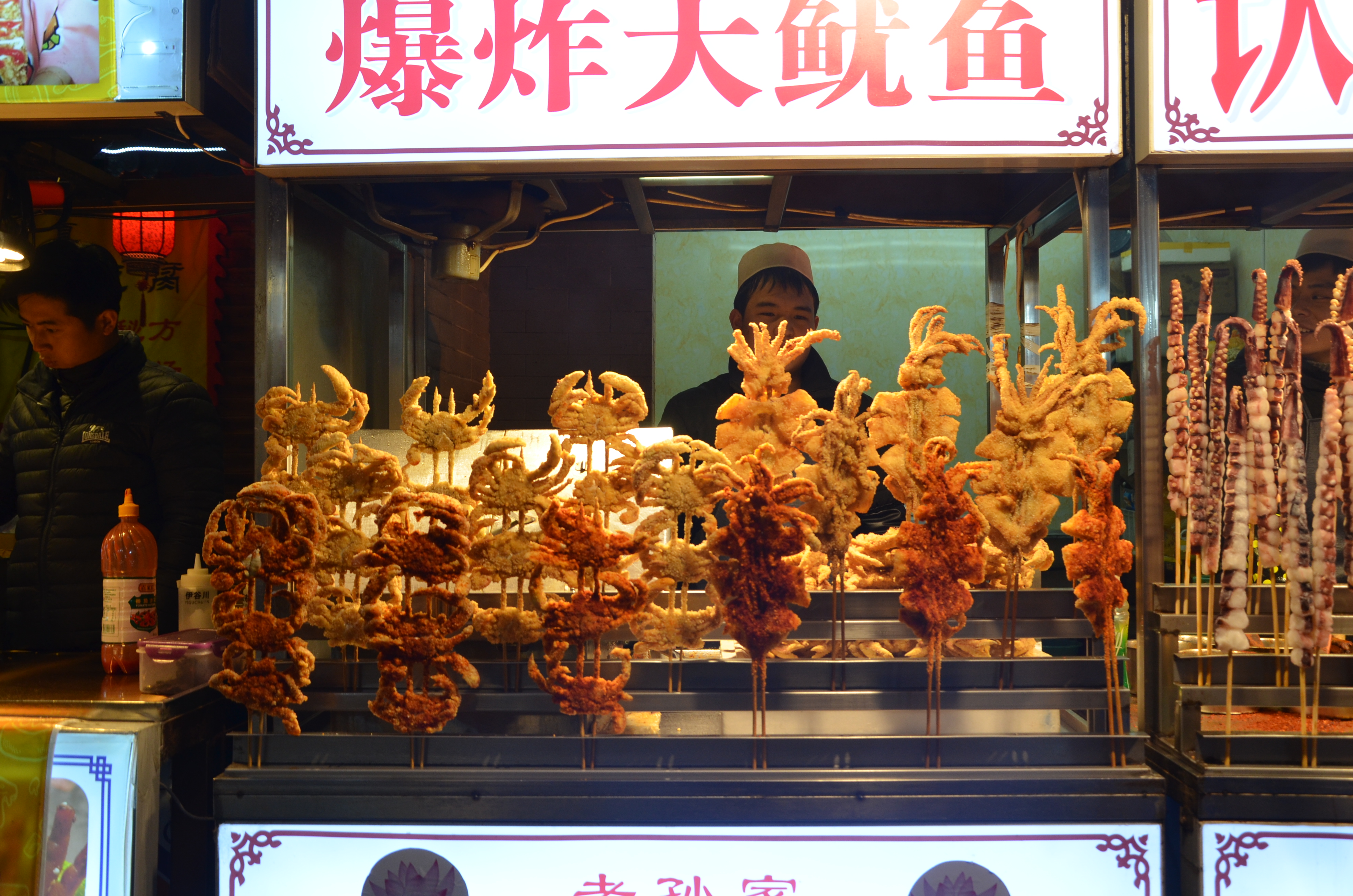By Erin Nyland, teacher in Shanghai 2018-19
Although moving to another country is fun, exciting and exhilarating, the lifestyle transformation and cultural differences can make it hard for foreign teachers to fully settle down. When I moved to China, I experienced zero culture shock, because I always felt like China was home to me the moment I arrived. However, I think it’s only right to be prepared for what those culture differences entail.
It really is a colourful world out there with all different shapes and sizes, and every country in the world has its own unique culture, values and thinking mind-sets. As a foreign teacher, moving to China can make you feel like the odd fish in the sea, but this can be avoided by taking heed of the following steps:
“How are you?” does not exist in Chinese vocabulary
In direct Chinese translation, “how are you” means, “nǐ hǎo ma?”. But surprisingly, this sentence is never used by Chinese people whilst greeting each other.
In Western culture, it’s a big deal to ask someone “how are you?”, “you alright?”, “how’s it going?”, to which our answer is always “good, thanks!” or “yeah, not bad thanks!”. However, this cultural norm in the western world is non-existent in China. In fact, this is something that I had to learn first-hand when the Chinese teachers that I worked with would look at me puzzled after asking them in the mornings, “how are you?”. It’s just not a greeting that exists in China, so keep in mind that it’s not necessary to ask Chinese people that question.
But, there is good news. The more correct way of greeting someone in Chinese would be, “nǐ chī le ma?” And in English, that directly translates to, “have you eaten?”.
Be prepared for some exotic foods
So, “nǐ chī le ma?” – why do Chinese people greet each other with this question? Mainly because food holds central importance to the culture. Chinese people love to eat, and they will eat until they have reached full swing food coma.
But the topic of food is an important culture difference in China, because there definitely are some exotic foods out there. Chicken’s feet, cow stomach, Chinese softshell turtle are just a few examples of the most exotic foods that I have tasted.
But having said that, it’s not every day that your taste buds get to experience all these unique tastes. In fact, Beijing’s Peking duck was definitely one of the best food experiences I had experienced throughout my whole time abroad, so don’t be scared to be adventurous with what you eat, because then you’ll come back with the most interesting stories to tell.
The Stare
Have you ever felt like someone is watching you? Well, this feeling is quite common in China. In big cities like Shanghai and Beijing, Chinese people are exposed to a lot of foreigners because these cities have a wide expat community, so the stare isn’t as prevalent there. However, if you decide to travel to a different province, a remote city or small village in China where people are not exposed to foreigners, then be prepared for a lot of stares.
But one thing to always keep in mind is that it isn’t a bad thing and it’s perfectly okay. These people have almost never seen a person with an eye colour unalike to brown or even a person with lighter hair colour. Just embrace the stare and remember that one of the best things you can possibly do is give them a smile and wave. You’ll be surprised by the reactions you’ll receive.
 Smile for the camera
Smile for the camera
I will never forget the time when I was at the metro station near my school, waiting for a Chinese street food snack. Whilst I was waiting for my food to be cooked, one chef directed me to wait whilst he ran inside to grab a female chef. Soon after, she excitedly ran out of the shop towards me and pointed at her phone enthusiastically to take a photo with me. The next thing I know, she has the selfie screen up on her phone, with this really cute cat filter on both of our faces. It was honestly one of the most bizarre moments that I had experienced in China. However, I did get my food for free, so my advice would be: always say yes to people that want to take your photo, because you’ll never know what good karma you’ll get out of it.
Learn to squat like a professional, and take tissues with you everywhere
Say goodbye to the luxurious toilet life, because the majority of metros, restaurants, bars and schools are filled with squat toilets.
This was definitely a strange thing to overcome at first, but just enjoy the squatting life, and by the end of your time teaching in China, if you don’t think you’ve achieved anything, you’ll realise that one thing you definitely have is achieved the title: professional squatter.
Enjoy it and relax
One cultural difference I found is that employees can nap on the job. I’ve realised in Chinese culture, it’s okay to take a nap when you’re tired, because a nap is essentially rebuilding energy. We are only human, and I think this is something I wish the UK would introduce into work life. The first time I saw a Chinese teacher napping in the office, I thought to myself – “that couldn’t possibly be allowed?!”. But soon after, I realised that teachers rightfully deserve a fulfilling nap.
Try and remember that every moment you have in China is precious, take every moment you can to explore and enjoy yourself, but also remember to take some time off to relax too, it’s a fast-paced lifestyle out there!
Has this inspired you to begin your own teaching adventure in China? Explore our programs or head to our application page to get started today!




Leave A Comment
You must be logged in to post a comment.